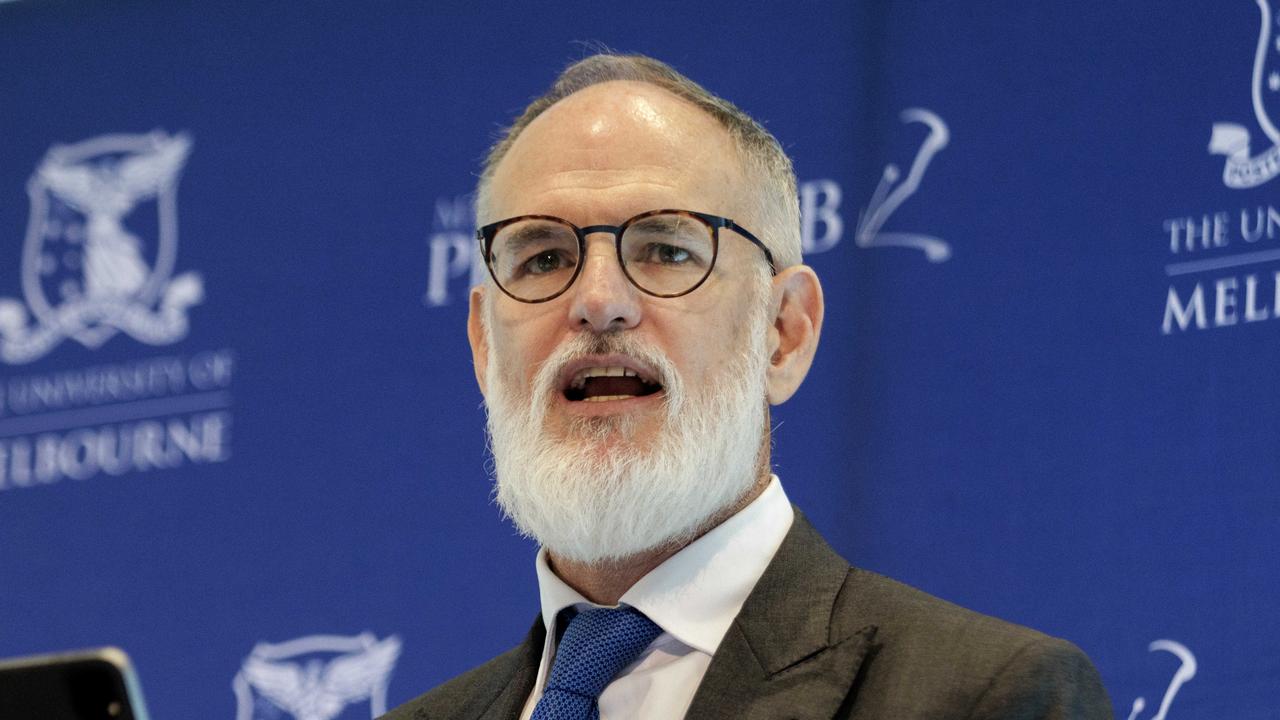By Copy Link Share Via Email Share On X Share On Facebook Share On Whatsapp
Copyright news

We must not allow it to happen.
We’ve been here before. The first digital disruption saw our creative content hoovered up by internet giants who built trillion-dollar empires on the free use of other people’s work.
News media’s classified “rivers of gold” dried up as we willingly surrendered our content, partly for promised global reach, but mostly because there seemed no alternative.
Now, artificial intelligence companies are deploying bots to scrape everything we publish online to train their language models. They’re seeking access to everyone’s ideas without permission and without payment, justifying this theft by claiming Australia needs to surrender its intellectual property or miss out on AI investment.
The consequences of the first Big Steal are stark. According to the Public Interest Journalism Initiative, 161 news outlets closed in the five years to March 2023 – three times more closures than in the previous decade. That’s thousands of local stories no longer told, dozens of councils no longer scrutinised, and reduced celebrations of local achievements and culture.
Award-winning author Trent Dalton captured the essence of this new theft when he discovered his books were training AI models: “These stories I write are absolutely drenched in truth and my own personal history, and the history of the people I love. It’s just a classic definition of stealing.”
The Tech Council of Australia is pressuring the Federal Government to create a “Text and Data Mining Exception” – effectively allowing AI companies to use copyrighted material without asking permission, agreeing terms, or paying creators. Their fallback position? An “opt-out” system where content can be stolen unless creators specifically request otherwise.
This proposal fundamentally misunderstands how our legal system works. Australia’s Copyright Act, enacted in 1968, elegantly provides basic rights to copyright holders: the right to control, agree to terms, be paid, and enforce breaches.
Tech lobbyists claim “fixing” copyright laws would “unlock billions of dollars of foreign investment” to create data centres. But they’ve provided no concrete evidence for these conditional promises. How many data centres? How firm are these commitments?
I am calling on the Australian Government to once and for all rule out changing Australian copyright law to benefit these companies.
Like any other company, these companies must pay market rates for inputs to their businesses.
At a recent Senate hearing on cultural policy, literary giant Thomas Keneally put it perfectly: “It is copyright. It’s not copy charity. It’s not copy privilege. It’s not copy indulgence. It’s copyright.”
In addition to the pressing issue of copyright, urgent action is also needed on three key fronts.
First, implement the promised News Media Assistance Program for small publishers, announced in December but still undelivered.
Second, enact the News Media Bargaining Incentive, announced but not implemented for nearly a year.
Third, establish a Social Licence requiring tech companies to meet Australian standards for market access.
Consider the current Optus crisis. The company rightly faces condemnation over triple-zero failures that cost lives. Yet where’s the same accountability for social media companies whose algorithms torment children, prey on the elderly, and contribute to self-harm and suicide? How can there be different rules for different companies?
This isn’t about seeking handouts – it’s about ensuring a level playing field.
Professional journalism remains vital to democracy. Our “Let Them Be Kids” campaign recently took the global stage at the United Nations, highlighting Australian families whose children died after horrific social media experiences.
The Australian media landscape has never produced more quality journalism across diverse outlets, campaigning on causes that improve lives. News Corp Australia’s recent “Think Again” dementia awareness campaign generated 100,000 inquiries to research institute Neura on its first day – ten times their previous record.
We need sustainable funding for journalism that serves democracy. Copyright laws protect the essence of what Australia represents – they help our voice flourish and ensure everyone gets a fair go.
The coming weeks and months are critical. We cannot allow AI companies to repeat the internet’s systematic appropriation of creative content. Australia has perfectly adequate laws – tech companies simply need to follow them.
We must protect Australian journalism, Australian creativity, and Australian voices before it’s too late.
As Joni Mitchell sang, “You don’t know what you’ve got ‘til it’s gone.”
Michael Miller is the Executive Chairman of News Corp Australasia.
Originally published as The Big Steal: Why Australia needs to protect its identity